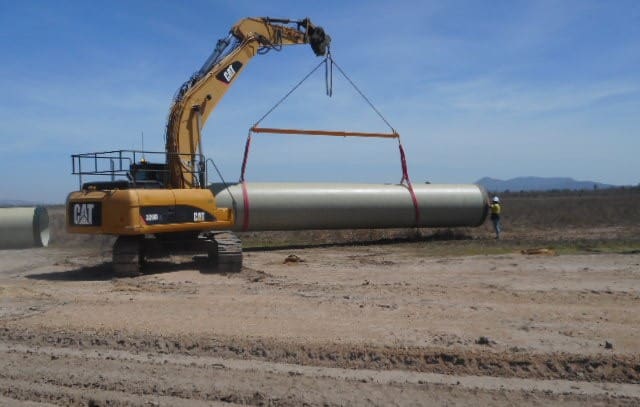


Our Location
11 Hi Tech Court, Eight Mile Plains, QLD 4113



Call Us
1300 223 753



Operating Hours
Mon-Fri: 7:00-16:00



Our Location
11 Hi Tech Court, Eight Mile Plains, QLD 4113



Call Us
1300 223 753



Operating Hours
Mon-Fri: 7:00-16:00

The occupation of a Skilled Construction Worker specializing in Pipe Laying in civil construction in Queensland is crucial for the installation and maintenance of piping systems used for water, sewer, and drainage within infrastructure projects. Pipe layers are integral to ensuring the functionality and safety of these systems, which are foundational to the development and sustainability of urban and rural environments.
Pipe layers typically work full-time and may be required to work overtime to meet project deadlines. The job involves outdoor work, which can be subject to various weather conditions. The role may also involve travel to different sites, depending on the location and nature of the construction projects.
Starting as a pipe layer offers foundational skills and exposure to the civil construction industry. With experience, individuals can advance to supervisory roles such as site supervisor or project manager. Further training and education can lead to specialized roles in civil engineering or construction management.
Overall, a career as a Skilled Construction Worker specializing in Pipe Laying in Queensland’s civil construction sector offers a challenging yet rewarding pathway, with opportunities for advancement and specialization within the industry.
The salary range for a Skilled Construction Worker specializing in Pipe Laying in civil construction in Queensland can vary depending on experience, the complexity of the projects, and the specific employer. Entry-level pipe layers typically start with an hourly wage of around AUD $35 to $40. With experience, specialized skills, and additional responsibilities, this rate can increase.
Experienced pipe layers, particularly those who manage teams or work on large and complex infrastructure projects, can expect to earn between $75,000 to $120,000 or more for those in supervisory or highly skilled roles.
These figures are estimates and can fluctuate based on market conditions, geographic location, and economic factors. Many pipe layers work on a contractual basis, which can affect their overall earnings due to variability in hours and the seasonal nature of construction projects.